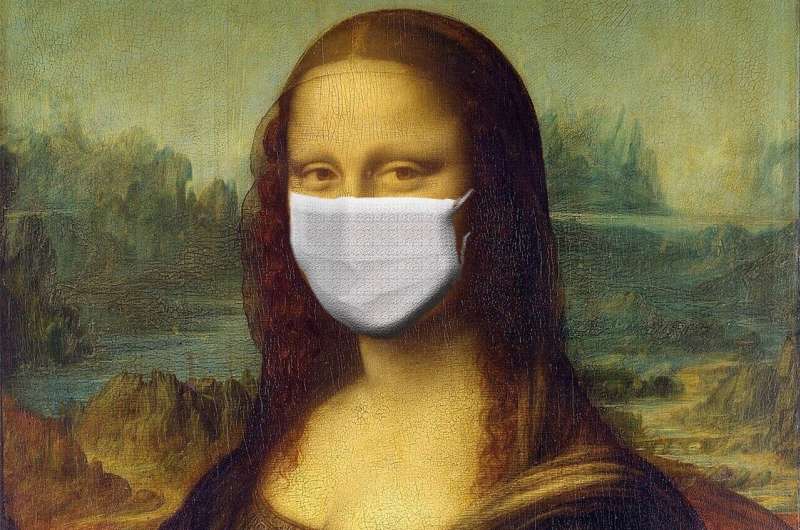
A review of more than 9,000 U.S. patients with severe COVID-19 infection showed less than 1% contracted the illness again, with an average reinfection time of 3.5 months after an initial positive test. Those are the findings from a study conducted by researchers from the University of Missouri School of Medicine and MU Health Care.
The researchers teamed up with the MU Institute for Data Science and Informatics and the Tiger Institute for Health Innovation to review data from 62 U.S. health care facilities. They found 63 of the 9,119 patients (0.7%) with severe COVID-19 infection contracted the virus a second time, with a mean reinfection period of 116 days. Of the 63 who were reinfected, two (3.2%) died. Patients categorized as non-white were at greater risk of reinfection than white patients.
“Our analysis also found asthma and nicotine dependence were associated with reinfection,” said lead researcher Adnan I. Qureshi, MD, a professor of clinical neurology at the MU School of Medicine. “However, there was a significantly lower rate of pneumonia, heart failure and acute kidney injury observed with reinfection compared with primary infection.”
Qureshi defined reinfection by two positive tests separated by an interval greater than 90 days after the initial infection resolved, as confirmed by two or more consecutive negative tests. He analyzed data from patients who received serial tests between December 2019 and November 2020.
“This is one of the largest studies of its kind in the U.S., and the important message here is that COVID-19 reinfection after an initial case is possible, and the duration of immunity that an initial infection provides is not completely clear,” Qureshi said.
Source: Read Full Article
